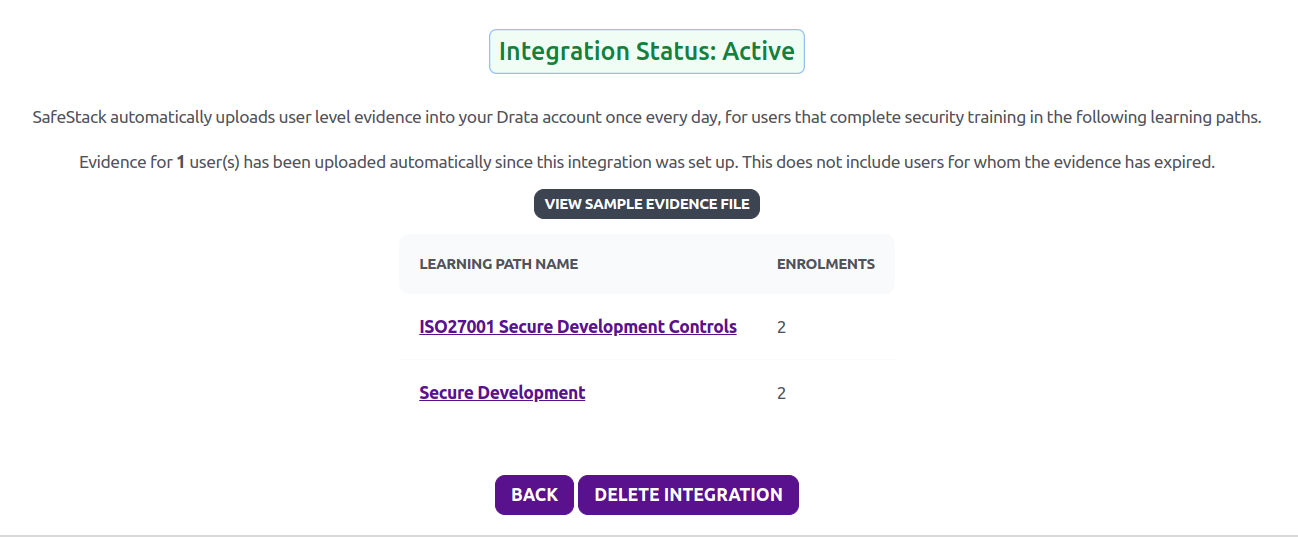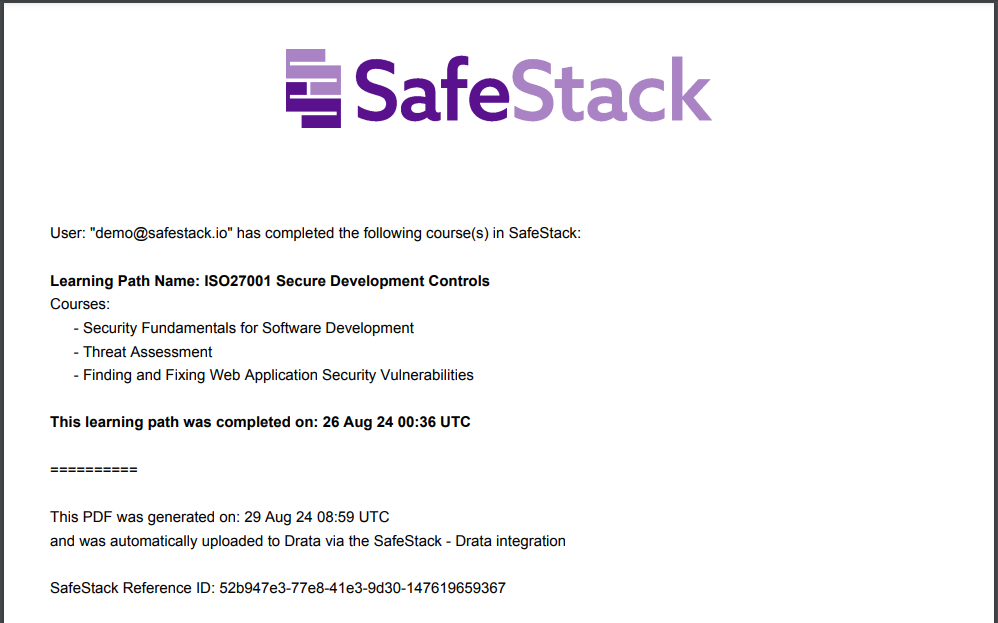We’re excited to announce a key update to our learning platform: modules from some of our larger courses are now also available as smaller, more focused individual courses. This change is designed to enhance the learning experience by making it easier for learners to complete courses at a more manageable pace.
By breaking down our larger courses, we aim to support learners in achieving their goals without feeling overwhelmed, making their secure development training even more achievable!
What’s New?
Smaller Course Sizes: Our longer, content-heavy courses are now also available as much smaller, digestible courses. This means learners can absorb information in bite-sized pieces, reducing the pressure of completing extensive modules, all in one go.
Flexible Learning: With smaller courses
Learners can now spread their training over several weeks or months. This flexibility allows them to focus on one module at a time, ensuring better retention and a more manageable workload.
Group leaders can add more focused training modules in learning paths, making the learning paths much smaller, more achievable and better customised for your specific training needs.
Larger Courses Still Available: If you prefer the original format, don’t worry! The larger, comprehensive courses remain available for those who enjoy diving deep into a topic all at once.
Seamless Progress Tracking: As an added bonus, any progress made in the smaller modules will automatically carry over into the corresponding larger course (and the other way around). This ensures that no effort is lost, and learners can switch between formats without missing a beat. If you have already completed one of these modules in the original course, this completion will be carried over into the smaller course as well.
What courses are now available as smaller courses?
The Finding and Fixing Web Application Security Vulnerabilities course is about 4 hours and 33 minutes long. It contains 13 modules in total.
All its core modules (except for the introduction) are now available as individual courses:
Finding and Fixing: Operating System Injection Vulnerabilities
Finding and Fixing: Cross Site Scripting Vulnerabilities (XSS)
Finding and Fixing: Using Components with Known Vulnerabilities
Finding and Fixing: XML External Entity (XXE) Vulnerabilities
The Finding and Fixing API Security Vulnerabilities course is about 2 hours and 29 minutes long. It contains 10 modules in total.
All its core modules (except for the introduction) are now available as individual courses:
Finding and Fixing: Broken API Authentication Vulnerabilities
Finding and Fixing: Broken API Authorisation Vulnerabilities
Finding and Fixing: API Resource Limitations Vulnerabilities
Finding and Fixing: API Misconfiguration and Mismanagement Vulnerabilities
The Introduction to DevSecOps is about 3 hours and 19 minutes long. It contains 5 modules in total.
All its modules are now available as individual courses:
This update is all about giving you more control over your learning experience, while still offering the flexibility to choose the format that best suits your needs.



